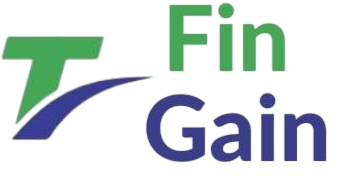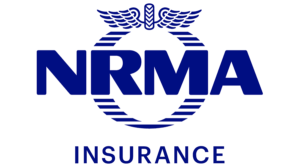Personal Finance Tips : Introduction:
Managing personal finances can be a challenging task, but it’s essential for a secure and prosperous future. Whether you’re just starting your financial journey or looking to improve your current situation, these expert tips will help you make informed decisions and take control of your financial well-being.

Create a Budget:
The cornerstone of any successful financial plan is a well-structured budget. Begin by tracking your income and expenses to understand where your money goes. Allocate funds for necessities, such as housing, utilities, and groceries, while setting aside some for savings and investments. Stick to your budget to avoid unnecessary debt and build a strong financial foundation.
Build an Emergency Fund:
Life is full of uncertainties, and having an emergency fund is crucial to face unexpected events like medical emergencies or sudden job loss. Aim to save at least three to six months’ worth of living expenses in a separate savings account, easily accessible when needed.
Clear High-Interest Debt:
High-interest debts, such as credit card balances, can quickly spiral out of control and harm your financial stability. Prioritize paying off these debts first, starting with the one that carries the highest interest rate. Consider debt consolidation or balance transfer options to ease the burden and save on interest payments.
Save and Invest Wisely:
Growing your wealth is essential for a secure financial future. Diversify your investment portfolio by considering a mix of stocks, bonds, mutual funds, and other investment vehicles that align with your risk tolerance and financial goals. Consult a financial advisor to make well-informed investment decisions.
Plan for Retirement:
It’s never too early to start planning for retirement. Take advantage of employer-sponsored retirement plans, such as 401(k)s or pensions, and contribute regularly. Additionally, consider opening an Individual Retirement Account (IRA) or a Roth IRA to boost your retirement savings further.
Insure Yourself:
Life is unpredictable, and insurance plays a vital role in protecting your finances and loved ones. Prioritize health insurance, life insurance, and disability insurance based on your needs and circumstances. Having adequate coverage ensures you’re prepared for any unforeseen challenges.
Review and Adjust:
Financial planning is an ongoing process. Regularly review your budget, investments, and insurance coverage to ensure they align with your current financial situation and goals. Make adjustments as needed to stay on track and achieve financial success.
Educate Yourself:
Stay informed about personal finance topics, market trends, and investment opportunities. The more you educate yourself, the better equipped you’ll be to make sound financial decisions and seize opportunities that align with your long-term objectives.
Conclusion:
Taking control of your personal finances is a journey that requires dedication and commitment. By following these top personal finance tips, you can build a secure future for yourself and your loved ones. Remember to create a budget, save and invest wisely, plan for retirement, and protect yourself with adequate insurance coverage. Stay informed and continuously educate yourself to make well-informed financial decisions.
FAQs:
1. How can I start building an emergency fund if I have limited funds? Building an emergency fund, no matter the amount, starts with consistency. Allocate a small portion of your income each month to gradually build up the fund.
2. Are there any low-risk investment options for beginners? Yes, beginners can consider investing in index funds or bonds, which tend to be lower in risk compared to individual stocks.
3. What is the ideal percentage of my income to allocate for savings and investments? While there’s no one-size-fits-all answer, experts recommend saving and investing at least 20% of your income for a secure financial future.
4. How often should I review my financial plan? It’s advisable to review your financial plan at least once a year or whenever there are significant changes in your life, such as a new job, marriage, or having children.
5. Should I pay off all my debts before investing? Paying off high-interest debts should be a priority, but it’s also essential to start investing early to benefit from compounding growth. A balanced approach is recommended.







